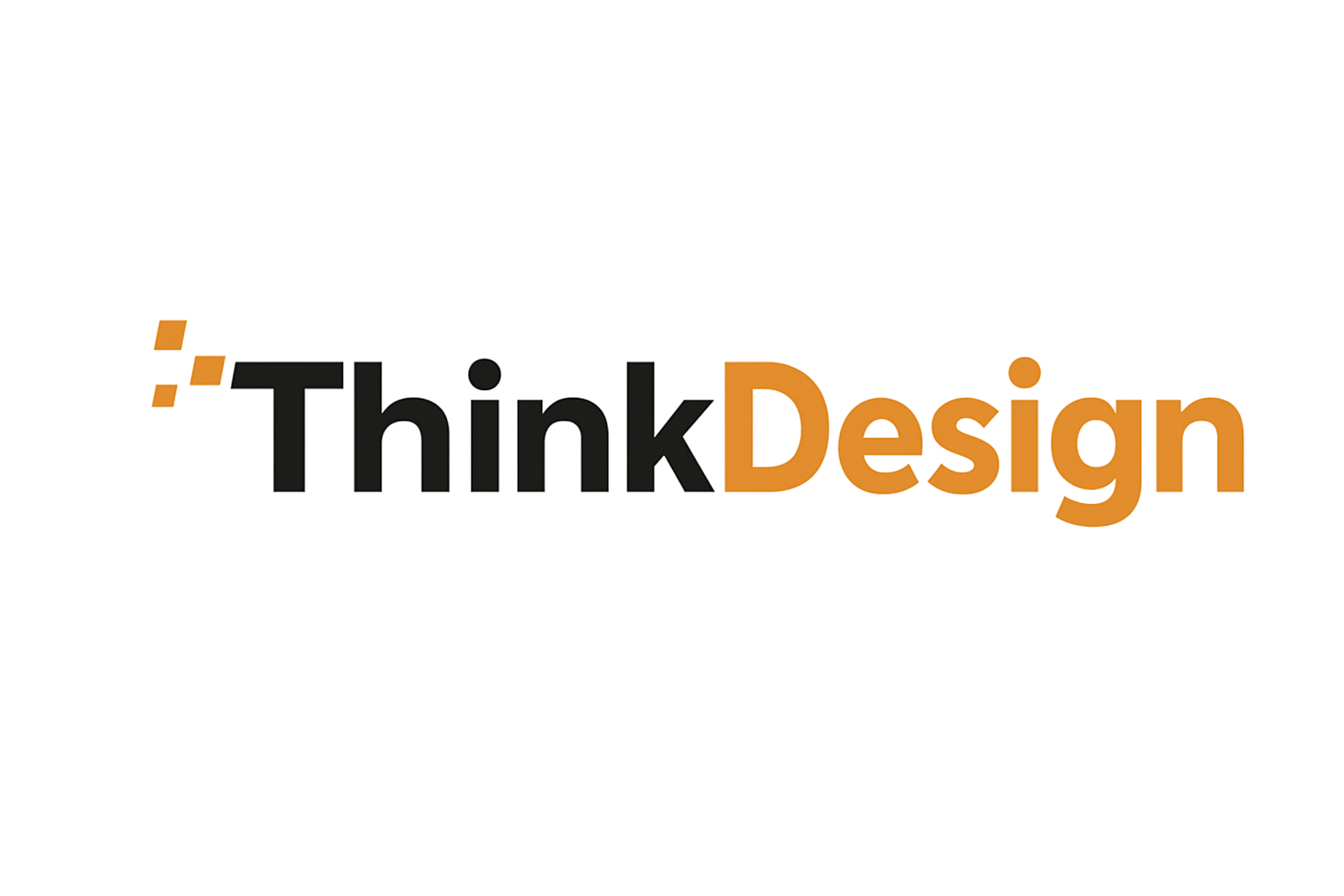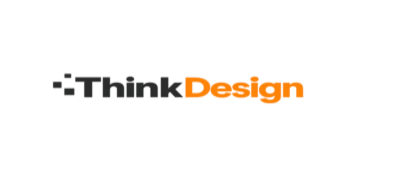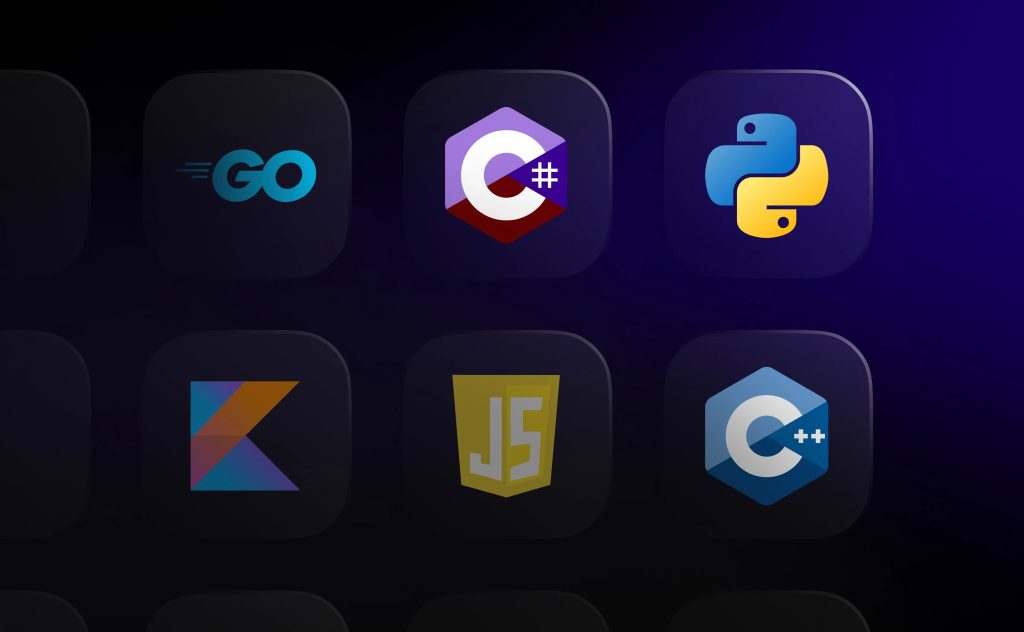Why Learning the Right Programming Language Matters
Before we dive into the list, let me tell you why this decision matters. Choosing the right programming language is like choosing the right vehicle. A bicycle, car, and airplane all get you from point A to B, but each works best for a different journey. In the same way, some languages are perfect for web apps, some shine in data science, and others are built for system-level performance. Knowing the differences will save you time and help you focus your learning.
1) Python – The Beginner-Friendly Powerhouse
Whenever someone asks me where to start, I almost always say Python. It’s simple, readable, and insanely versatile. Python powers everything from web apps to artificial intelligence.
- Where it shines: Data science, AI, web development, automation, scripting.
- Why it matters: Python has massive community support, thousands of libraries, and is used by companies like Google, Netflix, and NASA.
- Long-tail keywords to note: “Python for beginners,” “Python for data science,” “Python for web development.”
If you’re brand new, this is hands down one of the best programming languages to begin with.
2) JavaScript – The Language of the Web
Let’s be honest—you can’t escape JavaScript if you’re building for the web. Every time you click a button, submit a form, or scroll through dynamic content, JavaScript is behind the scenes.
- Where it shines: Frontend development, interactive websites, and increasingly backend (Node.js).
- Why it matters: Nearly every website uses it. Learning JavaScript gives you access to frameworks like React, Angular, and Vue.
- Pro tip: Pair JavaScript with HTML and CSS, and you’ll be able to build complete websites from scratch.
3) Java – The Enterprise Workhorse
I call Java the “corporate language” because of how deeply it’s embedded in enterprises. It’s been around since the 90s, and it’s not going away anytime soon.
- Where it shines: Enterprise systems, Android apps, financial systems, large-scale applications.
- Why it matters: It’s stable, reliable, and has a mature ecosystem. Big banks, governments, and Fortune 500 companies rely on it.
- Keyword use: “Java for enterprise development,” “best programming languages for jobs.”
4) C and C++ – The Performance Kings
Whenever I think about raw performance, I think C and C++. These are the languages closest to the hardware that give you fine-grained control over memory and performance.
- Where they shine: Game engines, embedded systems, operating systems, high-performance applications.
- Why they matter: Learning C/C++ helps you understand how computers really work under the hood.
- Long-tail keywords: “best programming languages for game development,” “C++ for beginners.”
5) C# – Microsoft’s All-Rounder
If you’ve ever played a Unity game, you’ve already seen C# in action. Backed by Microsoft, it’s popular for building desktop apps, web apps, and games.
- Where it shines: Game development (Unity), enterprise apps, cross-platform development.
- Why it matters: Strong integration with Microsoft’s ecosystem makes it a great choice for .NET developers.
- Extra note: Great job opportunities if you want to work in enterprise IT.
6) PHP – Still Running the Web
I’ll be honest—PHP gets a lot of hate, but it quietly powers over 70% of the web, including WordPress. If you want to build dynamic websites quickly, PHP is still relevant.
- Where it shines: Web development, content management systems, e-commerce sites.
- Why it matters: If you want to work with WordPress, Magento, or Drupal, PHP is essential.
- Keyword note: “Best programming languages for web development.”
7) Swift – The iOS Darling
Thinking about building iPhone apps? Swift is the way to go. Apple designed it to be modern, safe, and fast.
- Where it shines: iOS apps, macOS applications, Apple ecosystem.
- Why it matters: If you want to publish apps in the App Store, Swift is your ticket.
- SEO tip: Use “best programming languages for iOS development.”
8) Kotlin – The Android Favorite
While Java used to dominate Android, Kotlin has become the new favorite. Google itself recommends it for Android development.
- Where it shines: Android apps, backend development (with frameworks like Ktor).
- Why it matters: Cleaner syntax and full compatibility with Java make it efficient for modern mobile development.
9) Go (Golang) – The Cloud Native Hero
I love how simple yet powerful Go is. Built by Google, it’s perfect for cloud-native applications, APIs, and distributed systems.
- Where it shines: Cloud computing, DevOps tools, backend services.
- Why it matters: Companies like Docker and Kubernetes rely on Go, making it highly relevant in today’s cloud-first world.
- Keyword: “best programming languages for cloud development.”
10) Rust – The Safety-Performance Combo
If I had to pick a rising star, it would be Rust. It’s known for speed and safety, especially memory safety. Developers love it, and it’s been voted the “most loved programming language” on Stack Overflow multiple times.
- Where it shines: System programming, web assembly, performance-critical apps.
- Why it matters: Rust helps avoid bugs and crashes that C/C++ developers often struggle with.
- Keyword use: “best programming languages for system programming.”
Comparison Table – Best Programming Languages and Use Cases
| Language | Main Use | Why It Matters |
|---|---|---|
| Python | AI, data science, web apps | Beginner-friendly, huge community |
| JavaScript | Web development | Runs in every browser |
| Java | Enterprise, Android apps | Stable, long-lasting demand |
| C/C++ | System-level, games | Performance and control |
| C# | Games, enterprise | Unity engine, Microsoft ecosystem |
| PHP | Websites, CMS | Powers WordPress and much of the web |
| Swift | iOS/macOS apps | Apple’s official language |
| Kotlin | Android apps | Google-recommended |
| Go | Cloud, APIs | Fast and scalable |
| Rust | Systems, web assembly | Safe + high performance |
How to Decide Which Language to Learn First
Now that you know the top choices, here’s my personal advice:
- For beginners: Start with Python or JavaScript.
- For web dev: JavaScript, PHP, or Python.
- For mobile: Swift (iOS) or Kotlin (Android).
- For data/AI: Python wins here.
- For performance: C++, Rust, or Go.
- For enterprise jobs: Java or C#.
Final Thoughts
Choosing the best programming languages isn’t about chasing trends—it’s about finding the tool that matches your goals. Python is excellent if you’re just starting out, JavaScript is unavoidable for the web, and Rust or Go are great if you want to be ahead of the curve. Pick one, stick with it long enough to build projects, and you’ll gain the confidence to learn others down the road.
At the end of the day, what matters most is consistency. Learn one language deeply, build real things, and the rest will follow naturally.


